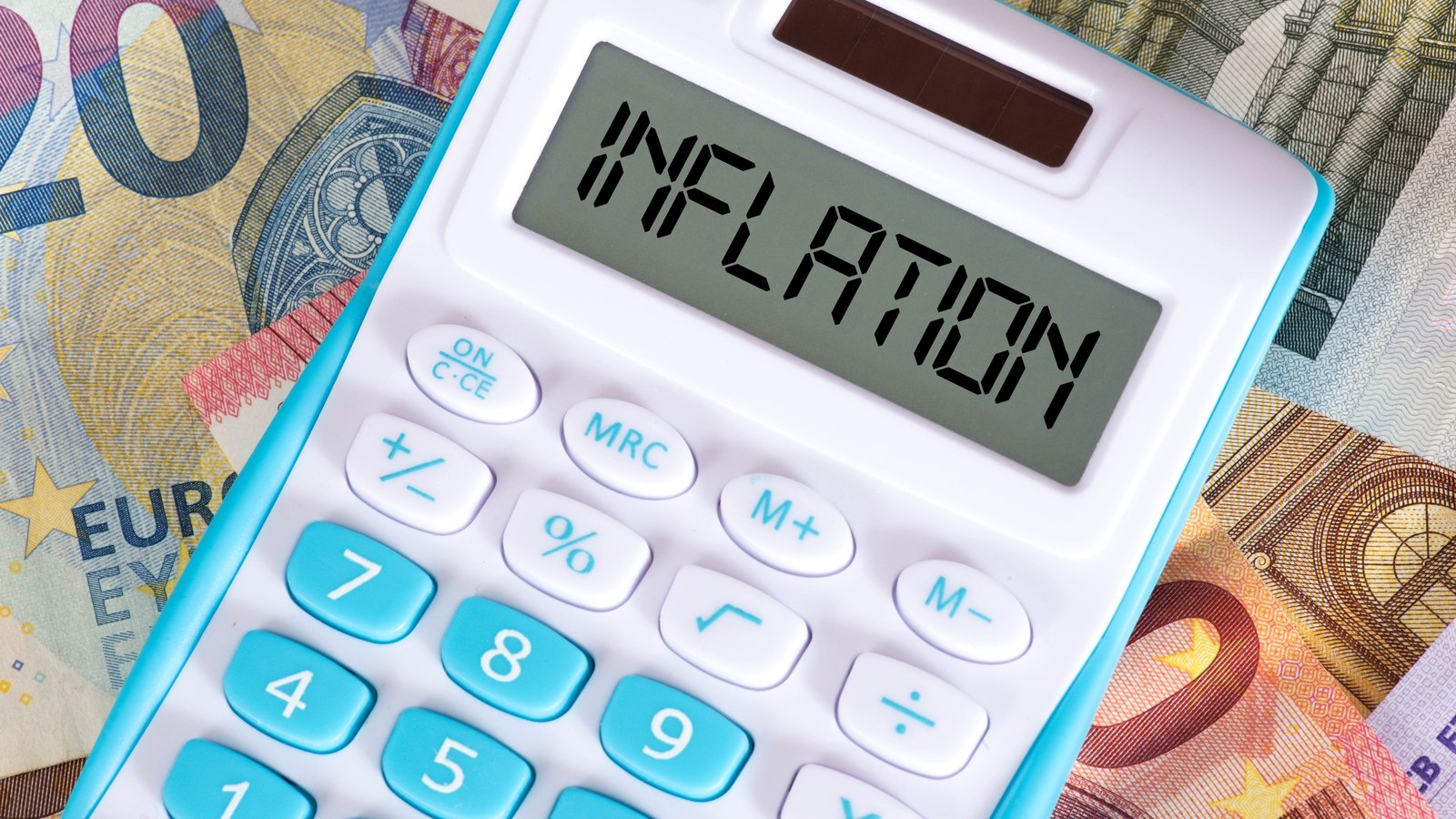Eurozone inflation beat forecasts to hit a new record high this month, bolstering expectations of another massive interest rate hike from the European Central Bank in October.
Price growth in the 19 countries sharing the euro accelerated to 10% in September from 9.1% a month earlier, Eurostat data showed on Friday, beating expectations for a reading of 9, 7%.
Ireland’s harmonized consumer price index is expected to have risen 8.6% in September, a slightly slower pace from the 9% rate recorded in August.
In a statement, the CSO said the energy price component in Ireland’s estimate was unchanged in the month, but was 38% higher on an annual basis.
Figures released yesterday revealed inflation in Germany, the bloc’s biggest economy, hit its highest rate since the Korean War era 70 years ago.
Inflation was still mainly driven by volatility in energy and food prices, but continued to widen, with virtually every category from services to industrial goods now posting extremely high numbers.
This is likely to make for an uncomfortable reading for the ECB, which is targeting 2% price growth, as it suggests inflation is increasingly fueled by excess demand and risks taking root.
Indeed, core inflation, which filters volatile food and fuel prices and is closely watched by the ECB, also hit a new high, adding to the urgency of further rate hikes after oversized moves. in July and September.
Excluding food and fuel prices, inflation jumped to 6.1% from 5.5%, while an even narrower measure, which also excludes alcohol and tobacco, rose to 4.8% against 4.3%.
Energy prices meanwhile are up 41% from a year ago while unprocessed foods are up 13%.
We need your consent to load this content rte-playerWe use rte-player to manage additional content which may place cookies on your device and collect data about your activity. Please check their details and accept them to load the content.Manage preferences
With the next ECB rate meeting still nearly a month away, a host of policymakers have already argued for another 75bps rate hike after a combination of 125bps moves in two meetings, the fastest pace of ECB policy tightening ever. .
Markets now see the deposit rate rising from 0.75% to around 2% by the end of the year, then to around 3% next spring before stabilizing.
A key issue is that a peak in inflation, repeatedly predicted by the ECB, could still be months away, as household energy contracts are reviewed and exorbitant gas prices reverberate.
A devastating drought over the summer will keep food prices under pressure while the euro’s fall to its lowest level in two decades against the dollar will increase imported inflation, especially as the bloc’s energy bill is mainly denominated in dollars.
But price pressures could be brought under control by a looming recession. Expensive energy and projected gas shortages are draining economies and risk eating into growth deeply, as consumers will have little money left in reserve.
The European Systemic Risk Board, the EU’s financial risk watchdog, warned on Thursday that a perfect storm could be brewing that could challenge financial stability, as businesses and households that do not have not yet recovered from the pandemic are now facing a new blow.
Confidence indicators across the bloc have also fallen in recent weeks, suggesting the eurozone may already be in recession with little respite likely until spring.
It could also bring desperately needed help to the ECB.
Workers would normally demand large wage increases during episodes of high inflation, but companies also face soaring costs, leaving them with little money to raise wages. This is keeping wage growth muted and raising hopes that price growth will eventually level off and start to decline next year.
In a statement accompanying today’s Eurostat figures, the CSO said three of the 19 eurozone countries had an annual increase lower than the 8.6% estimate for Ireland while 15 countries had higher rates.
Estonia had the highest estimated annual inflation at 24.2% while France had the lowest at 6.2%,” the CSO noted.
Looking at the components of Ireland’s flash HICP for September, the CSO said energy prices are expected to be unchanged in the month but up 38% since September 2021.
For the euro zone as a whole, energy prices rose 3% in the month and 40.8% on an annual basis, he added.
#Eurozone #inflation #hits #record #high






